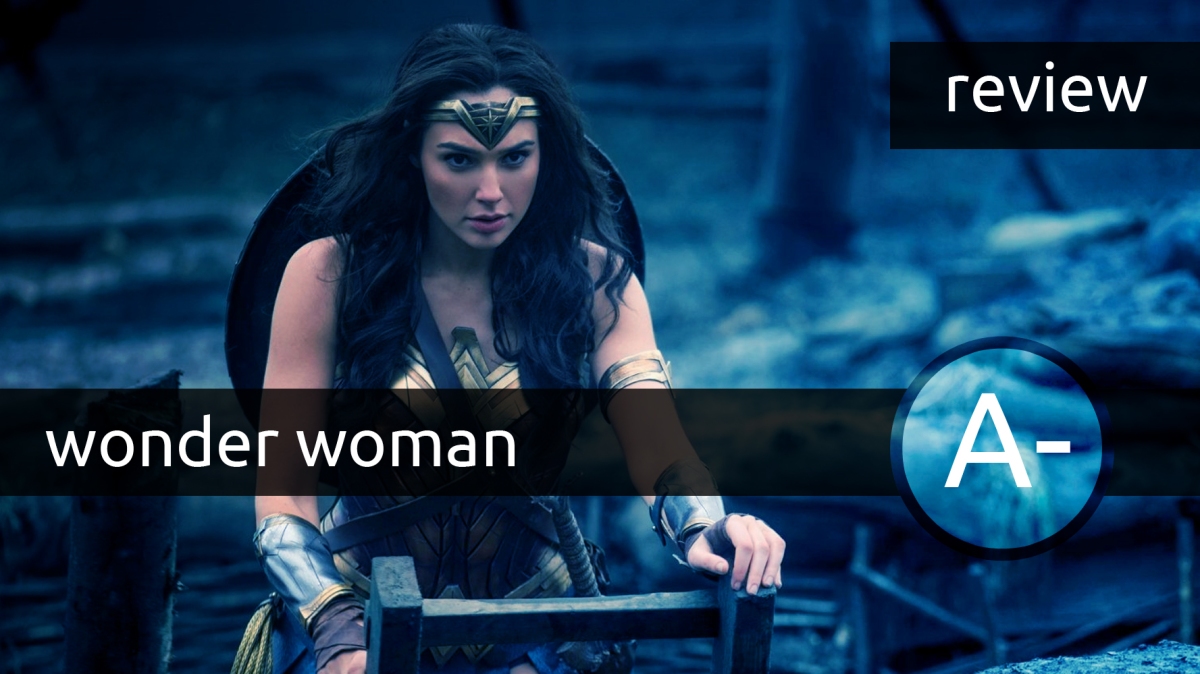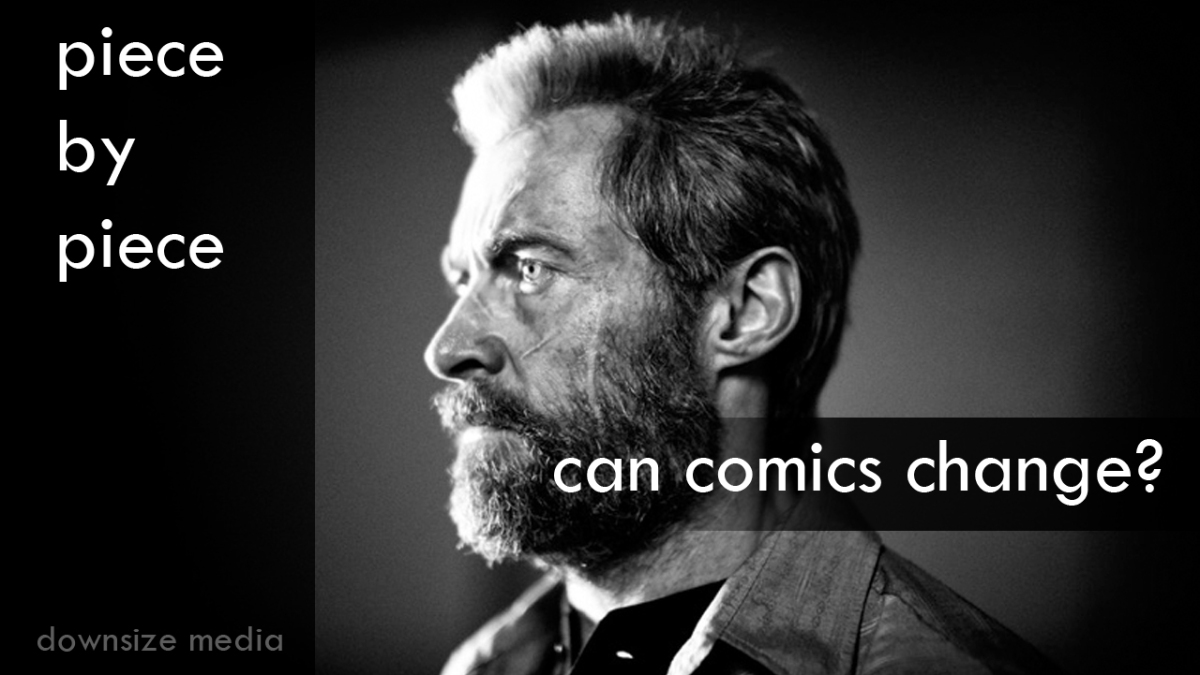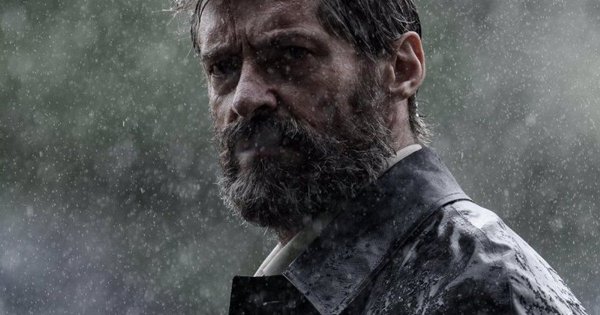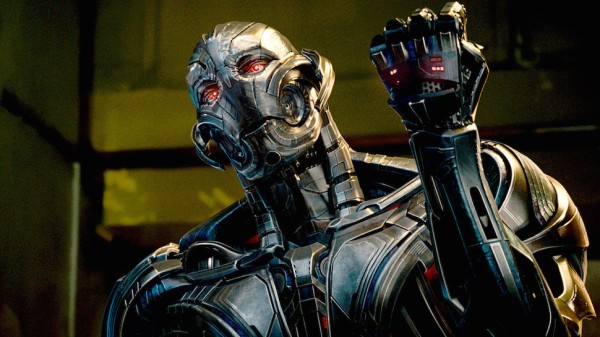One of my favourite aspects of film reviewing is that rarest of feelings, It is the slow creeping realisation that a film of which you had no interest in actually begins to show signs of quality.
It starts with a few reluctant admissions to yourself; “alright, that was kind of cool, I’ll give it that,” progresses to some slight admiration; “that’s a nicely framed shot,” “This actually feels like a different world,” eventually the film has got a hold of you. You find yourself smiling like an idiot while you watch Amazonian women flipping off of horses and firing arrows. You’re having a good time that you didn’t expect to have. Two hours that you had set aside to watch a film to form an opinion on becomes two hours of enjoyment and engagement that you were not prepared for. It’s like gaining time, it’s a liberating, exciting feeling that reminds you of why cinema is so important.
This is not to say that Wonder Woman is the best film I’ve ever seen but it is so far and above other DC fare that I am having a hard time keeping a sense of perspective in my discussion of the film. Even the smoggy air of a Shanghai industrial estate will taste like the sweetest breath to a man who was close to drowning.
Wonder Woman starts exactly as it should, with the briefest possible connection to the larger DC Universe: here’s modern day Diana Prince, she gets sent an old picture of herself by Bruce Wayne, the old photograph starts a flashback and we hear nothing more of Zach Snyder’s modern day disasterpiece. The film stands alone as a film about Wonder Woman and her exploits in the early twentieth century. The film does not fall in to the usual Super Hero movie trap of clinging to a desperate relevance to the larger cinematic universe.
And it is not just temporally that the film separates itself from its feeble forebears, the film also adjusts its tone to suit the subject. The film has fantastical elements in the form of its hero’s origin and so it fully commits to making this world appear realised, and incredibly fun.
Diana Prince, here is more Superman than the Man of Steel, she is an alien to this world she wants to save, she is naively optimistic and unflinchingly heroic. She does not sit around brooding about the morality of what she needs to do, she simply acts on her simple principles and impulses and saves any lives she can.
A major issue I had with Batman Vs Superman and Man of Steel is that the titular heroes damage the world much more than they fix it. In this case Wonder Woman has been placed into a broken world and goes to work helping anywhere she can. She acts like a hero. People in war torn villagers cheer her, soldiers in the trenches look up to her, young girls and boys can watch the film, be entertained and be inspired. It may sound saccharine to say but, to be fair, this is a character named Wonder Woman we’re talking about here.
The film does not bog itself down in politics, there are no scenes in supreme courts with wheelchair suicide bombers. There is no faux-philosophising villain with mixed motivations, there are distinctly evil villains with whacked out faces and undeniably good heroes with perfect jawlines fighting against evil. There is colour in the costumes, there is fun and lightheartedness in the writing without resorting to Marvel style pop culture references (Remember when Wong listened to All the Single Ladies in Dr Strange?). Where DC films have revelled in grey morals and grey scenery Wonder Woman is crisp and clear, funny in a simple fish out of water way and not trying too hard.
The characters of the movie are exactly that. Characters. They have clear motivations and are understandable in the way they act. Gal Gadot and Chris Pine both assign their respective characters hearts and flaws, their performances are well matched and charismatic. There is something so cinematic about this movie, its classic Hero’s journey structure, its simple romantic sub plot (in which the man is the object of affection) and its unambiguous villains make it endlessly appealing. The film could entertain children, which should be the first box each superhero movie ticks. It has a great soundtrack which is teased throughout the film. It is paced and structured like a film with an end goal, actions lead into each other, it’s an enjoyable and simple film. It could be criticised for being overly simplistic, but superhero films have been missing that clarity as of late, not every super hero movie should try to be as meaningful as The Watchmen, sometimes it just needs to be as fun as The Rocketeer.
Many articles have been written about the power of the feminist ideals that Wonder Woman represents, the truth is that there is hardly any overt feminist ideology in the script. Wonder Woman’s presence as a badass role model for girls is enough of a statement on its own. The film seems to understand that it needn’t bash people over the head with its cause to have an effect.
Recommendation
Wonder Woman is head and shoulders above any other DC film since Chris Nolan had control and taps into that superheroic niche in a way that Marvel has been failing to do lately.
Fight scenes are well choreographed and varied and it is one of those epically rare films that uses slow-mo effectively. The villains are fantastically villainous and the heroes brilliantly heroic. It looks the part all the way and embraces its separatism from the DC universe to become a single cohesive story.





